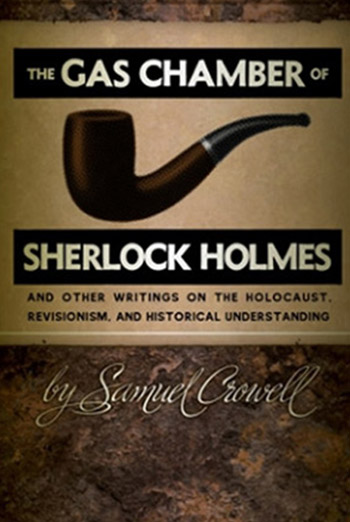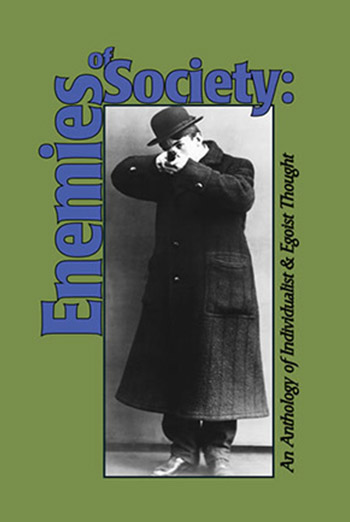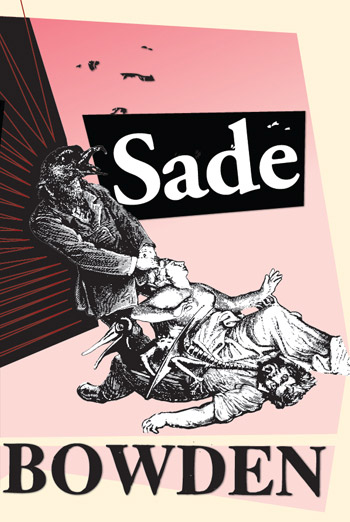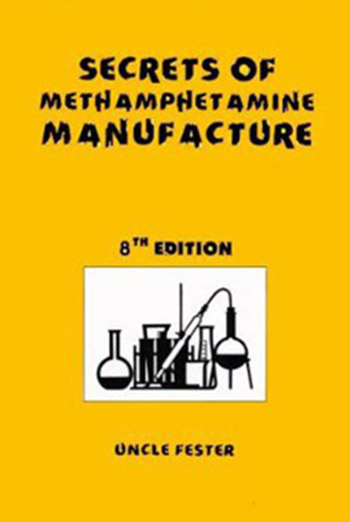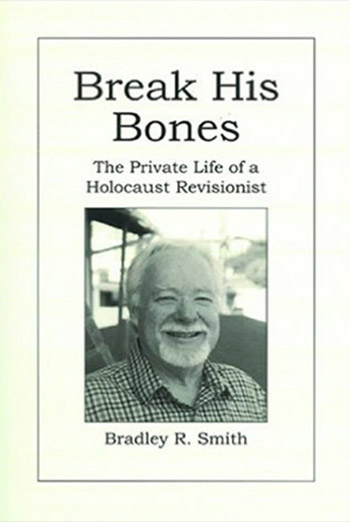Description
Among scholars and the general public, the prevailing consensus holds that millions of European Jews were sent to death in gas chambers as part of an official Nazi policy of mass extermination during the Second World War. So entrenched is this consensus that throughout the Western world those who publicly question its accuracy are now routinely subject to censorship, academic censure, and even criminal prosecution. In contemporary society, no other species of dissident scholarship is met with comparably illiberal reaction.
In an intellectual atmosphere poisoned by acrimony and haunted by the specter of persecution, The Gas Chamber of Sherlock Holmes stands as a calm, deftly reasoned, and highly original affirmation of intellectual freedom. Drawing on extensive empirical and documentary evidence as well as methods of cultural criticism conventionally eschewed by field historians, Samuel Crowell argues that the “canonical” Holocaust gassing claim can be traced to a fateful crisis of modernism — a crisis revealed in popular texts and long-forgotten cultural ephemera. Spanning from the earliest broadcast rumors to the extermination narrative that was sealed at Nuremberg, Crowell’s probing analysis permits us to consider how a grim story emerged and evolved in the cyclonic momentum of an era marked by social upheaval, total war, and unprecedented technological change.
Though it has achieved the status of an underground classic, The Gas Chamber of Sherlock Holmes has until now been available only in samizdat editions and on the Internet. This definitive edition has been updated and revised and includes a new introduction by the author. In addition to the title essay, supplemental texts include an appended restatement of Crowell’s important monograph, “Bomb Shelters at Birkenau,” as well as the never-before-published essay, “The Holocaust in Retrospect.”
Excerpt:
In short, it will be possible to see that the generation of a delusion of mass gas extermination did not require a conspiracy or a hoax, nor much conscious effort at all, but only a social and cultural climate that would facilitate such claims, at a time of war, hatred, and social anomie. We will see that such claims, reinforced here and there by a little helpful fraud, but above all by a simple willingness to believe the worst about one’s enemies, would allow dark rumors to be stated as fact and become themselves part of that social and cultural landscape of which we are only half-consciously aware.
About the Author:
Samuel Crowell is the pseudonym of a self-described “moderate revisionist” who has written extensively on the Holocaust controversy and other subjects. He is a graduate of the University of California (Berkeley), where he studied philosophy, foreign languages, and modern European history. Mr. Crowell continued his studies in history at Columbia University, and taught on the college level for six years.
Links:
Click here to download a promotional booklet including and exclusive interview with Samuel Crowell.
The Samuel Crowell archive (CODOH) is here.
Click here to read Samuel Crowell’s review-essay, “The Limits of Understanding.”
11/17/2018 UPDATE: This title is now sold out.
You can download the entire text as a PDF file HERE.
Still want a hard copy? Try your luck with the following vendor links:

